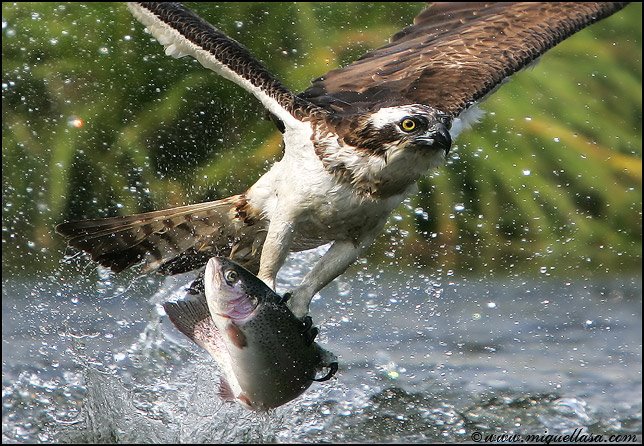 "Ayaan Hirsi Ali was born in Somalia, was raised Muslim, and spent her childhood and young adulthood in Africa and Saudi Arabia. In 1992, she came to the Netherlands as a refugee, escaping a forced marriage to a distant cousin she had never met. She learned Dutch and worked as an interpreter in abortion clinics and shelter for battered women. After earning her college degree in political science, she worked for the Labor Party. She denounced Islam after the September 11 terrorist attacks and now fights for the rights of Muslim women, the enlightenment of Islam, and security in the West." (From her book Infidel)
"Ayaan Hirsi Ali was born in Somalia, was raised Muslim, and spent her childhood and young adulthood in Africa and Saudi Arabia. In 1992, she came to the Netherlands as a refugee, escaping a forced marriage to a distant cousin she had never met. She learned Dutch and worked as an interpreter in abortion clinics and shelter for battered women. After earning her college degree in political science, she worked for the Labor Party. She denounced Islam after the September 11 terrorist attacks and now fights for the rights of Muslim women, the enlightenment of Islam, and security in the West." (From her book Infidel)From the books introduction: "one November morning in 2004, Theo van Gogh got up to go to work at his film production company in Amsterdam. He took out his old black bicycle and headed down a main road. Waiting in a doorway was a Moroccan man with a handgun and two butcher knives.
As Theo cycled down the Linnaeusstraat, Muhammad Bouyeri approached. He pulled out his gun and shot Theo several times. Theo fell off his bike and lurched across the road, then collapsed. Bouyeri followed. Theo begged, "Can’t we talk about this?" but Bouyeri shot him four more times. Then he took out one of his butcher knives and sawed into Theo’s throat. With the other knife, he stabbed a five-page letter onto Theo’s chest.
The letter was addressed to me."

I really disliked this book. I disliked what the author had to tell about her childhood and her experiences as a young woman in a Muslim world. And yet........ I’m glad I read it. I’m glad to know some important things about Islam, the culture it creates and its implications for the non Muslim part of the world. I have no idea how typical what is told in this book is of most Islamic cultures. I met an exchange student from Indonesia (the worlds largest Muslim country) and am reasonably sure the horror of what Ayaan Hirsi Ali experienced would not be typical there. It’s all very disturbing.
How well does anyone in the west understand both traditional and radical fundamentalist Islam, and all the things it does to people? Do we really understand female genital mutilation, beaten women, arranged marriages, the compuslive need to hide the feminine, and the complete loss of individual freedom? Americans still don't have a clue. This book makes a very real effort to explain a few things. It is painful, but important reading.












